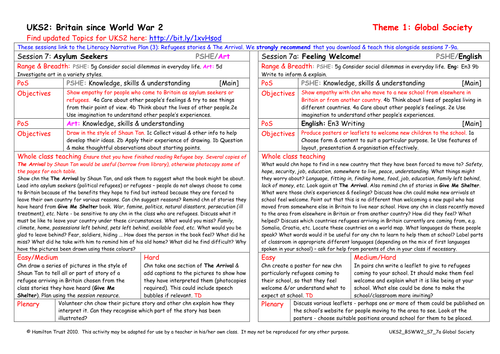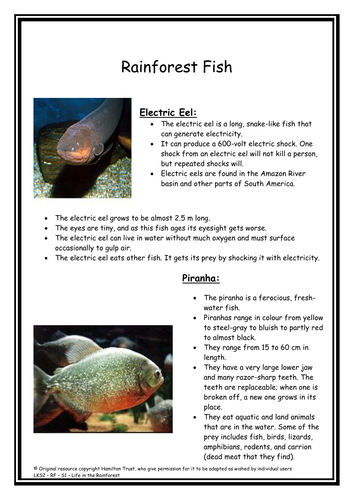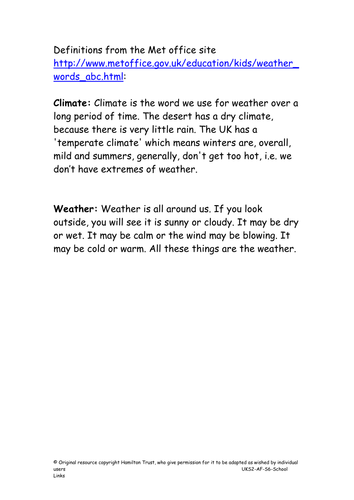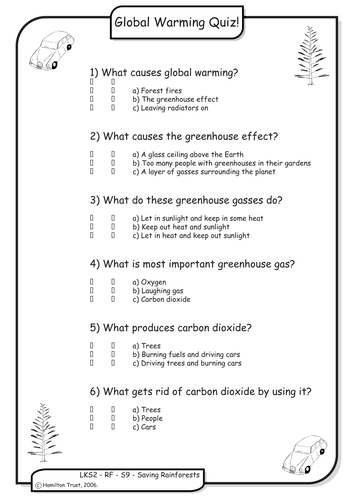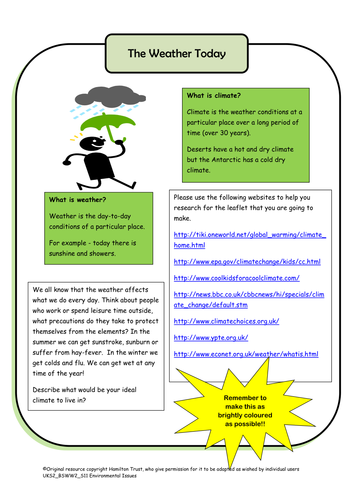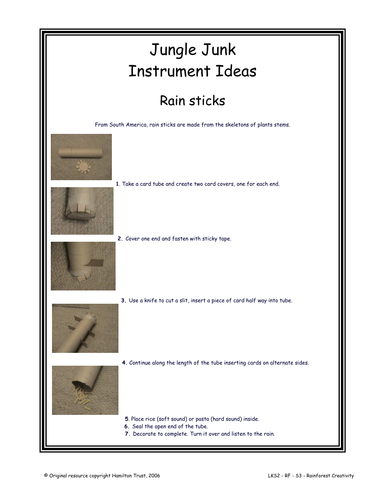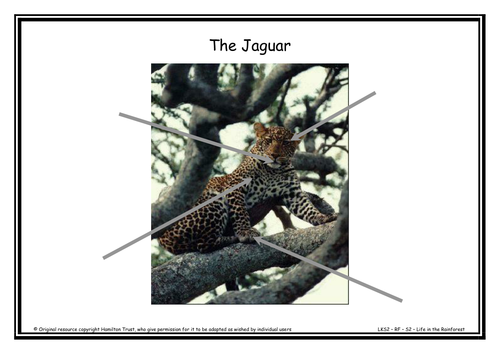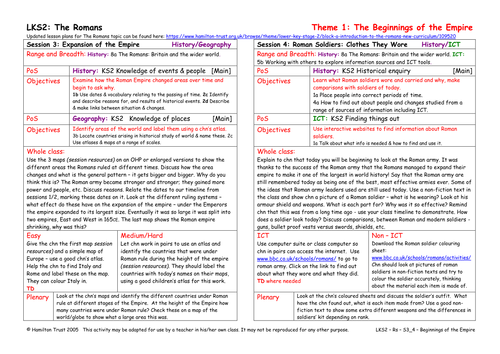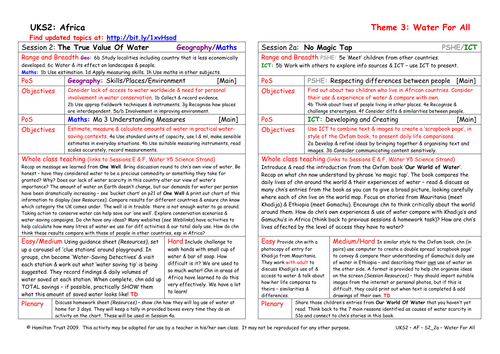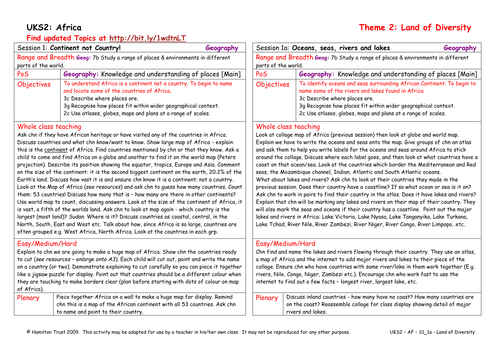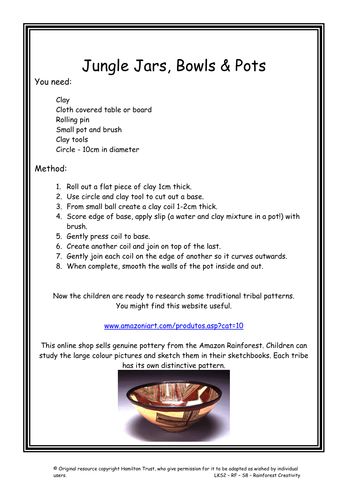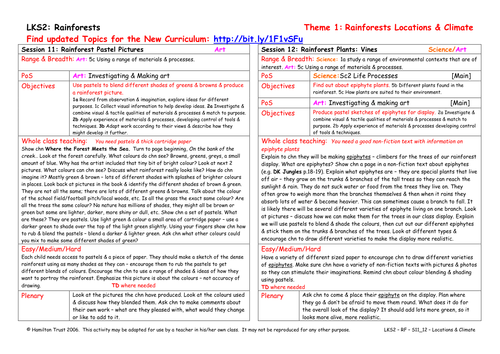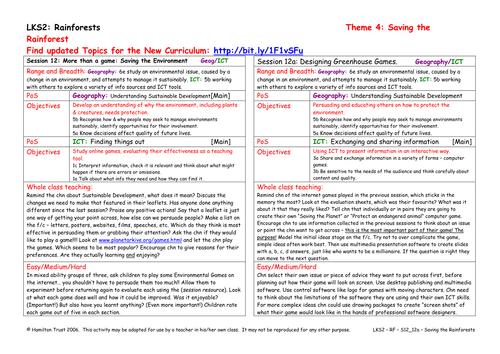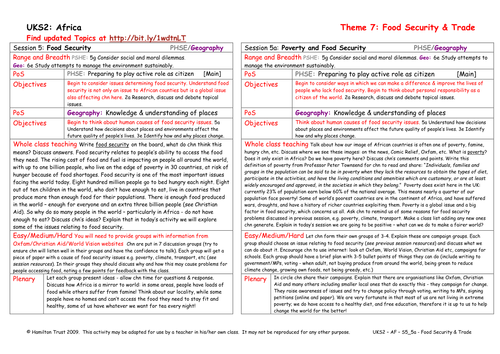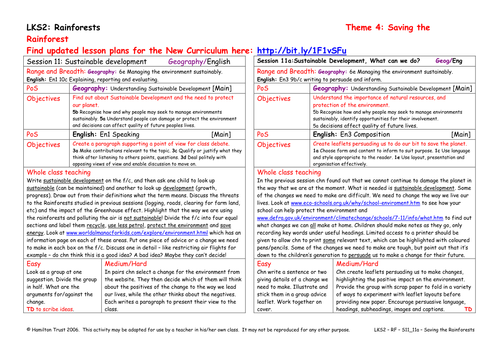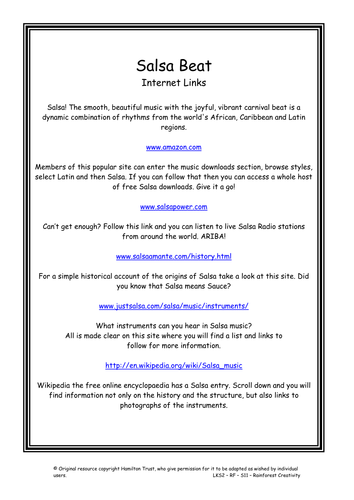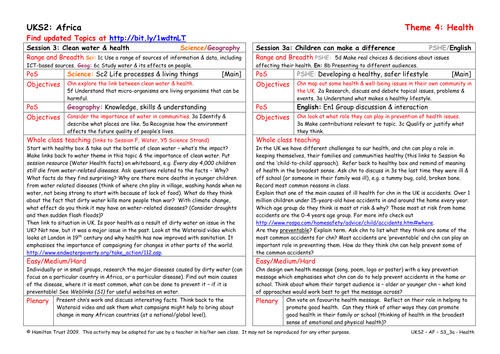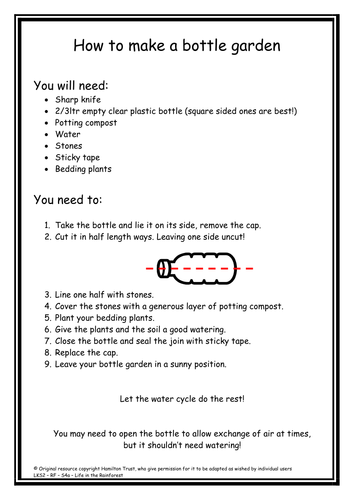
397Uploads
10041k+Views
11644k+Downloads
Geography

Asylum Seekers
Explain that some people come to Britain as asylum seekers or refugees to escape from problems in their home country. Use The Arrival by Shaun Tan to empathise with people coming to Britain. Children draw part of one of short stories from Give me Shelter.

Variety of Species in the Rainforest
90% of the world’s animals and plants live in the 6% of the world that rainforests cover! In this session the class splits into groups to find out more about animals that have rainforests as their habitat.
Suitable for years 3 and 4.

Climate
Investigate the climate of the UK and different parts of Africa. Consider how the weather affects our daily lives – clothes, homes, transport, food, etc. Keep a weather chart to swap with your link school or research climate change in UK and Africa.
Suitable for years 5 and 6.

Effect of Global Warming
In this session children take a closer look at the causes of global warming and look at the long term effects. How can they do their part to reduce the greenhouse effect? They put it to the test in the Great Greenhouse Effect Quiz!

The Weather Today
Children learn the differences between weather and climate. Are we the cause of changes in the weather? What might we have done to make this happen? Children are given some websites to research and the activity is to produce a leaflet for younger children to explain this.

We Are Britain
We all have at least one thing in common – we live in Britain! Chn meet lots of different chn from all over the UK courtesy of We are Britain by B. Zephaniah. They see people move around the UK & other countries é they think about their own histories.
Suitable for Years 1 é 2.

Jungle Junk
Listen to the Rhythm of the Rainforest in this session! Children start by studying the Baka people who live in the African Rainforests, looking in detail at their instruments. Children then create simple instruments of their own using junk modelling techniques.

Adaptations of life in the Rainforest
The rainforest ecosystem is one of the oldest on the planet. Animals living there have adapted to suit their habitat. Children find out more about animals who use camouflage, sharp claws, long beaks or tails to survive in the jungle.
Suitable for years 3 and 4.

Expansion of the Empire
Children look at how the Roman Empire expanded over a period of 400 years and then began to diminish in extent. They relate this to the systems of government identified in Session 2. They map the Roman Empire on today’s world map, identifying countries.
Suitable for years 3 and 4.

The True Value of Water
The global well is in trouble – not enough water to go around. Take action to conserve water! Children use ‘clue stations’ to discover water-saving tips, working out how much water they would save. They are set homework to log water use at home over 3 days.
Suitable for years 5 and 6.

Continent Not Country!
Children look closely at the continent of Africa. They recognise that it is a huge and diverse land with many different countries and widely varying landscapes and climates. They take 1/2 countries each and create a huge collage-map of Africa.
Suitable for years 5 and 6.

Jungle Jars, Bowls and Pots
In this session children take a look at typical examples of pots created by peoples of the Rainforests. They study the differences in pattern and decoration before creating their own pot from clay and decorating it.

Rainforest Plants - Vines
Epiphytes are small plants that live not in the soil but happily up on the branches of trees in the layers of the rainforest. In this session children find out more and create pastel epiphytes for the Rainforest display.
Suitable for years 3 and 4.

Designing Greenhouse Games
In this session children apply what they found out in the previous session about internet games to create their own Saving the Planet computer game. Whose will be most enjoyable? Which game will encourage us to do things differently?

Food Security
Children begin to consider issues determining food security. This session helps them to understand that food security is not only an issue for African counties but is a global issue also affecting us here. Children work in groups to discuss different causes.

Sustainable Development
The way we are damaging the planet we live on is not sustainable! Children find out about sustainable development and look at some of the changes that we need to make. Children think of both positives and negatives for these changes.

Family Food
Consider where the food that we eat comes from. Grown at home, locally or in another country? Discuss food miles. Who does the shopping, cooking, washing up? Where does the water come from? Cook a meal/dish and write the recipe to send to your link school. Suitable for years 5 and 6.

Salsa Beat! Dance To The Music!
In this session the children get to the rhythm of Salsa! They find out about the history of the dance, before listening to some examples and getting to grips with the instruments used to create it.

Clean Water and Health
Children research the impact of dirty water on health. They present research to the class and identify the biggest killer diseases. Opportunity here to link back to the water topic, and understanding of a preventable disease.
Suitable for years 5 and 6.

Water Cycle in Miniature
On Earth we still have the same drops of water that touched the lips of the dinosaurs! In this session children use all that they have learnt in the previous session to create a self contained bottle garden.
Suitable for years 3 and 4.

